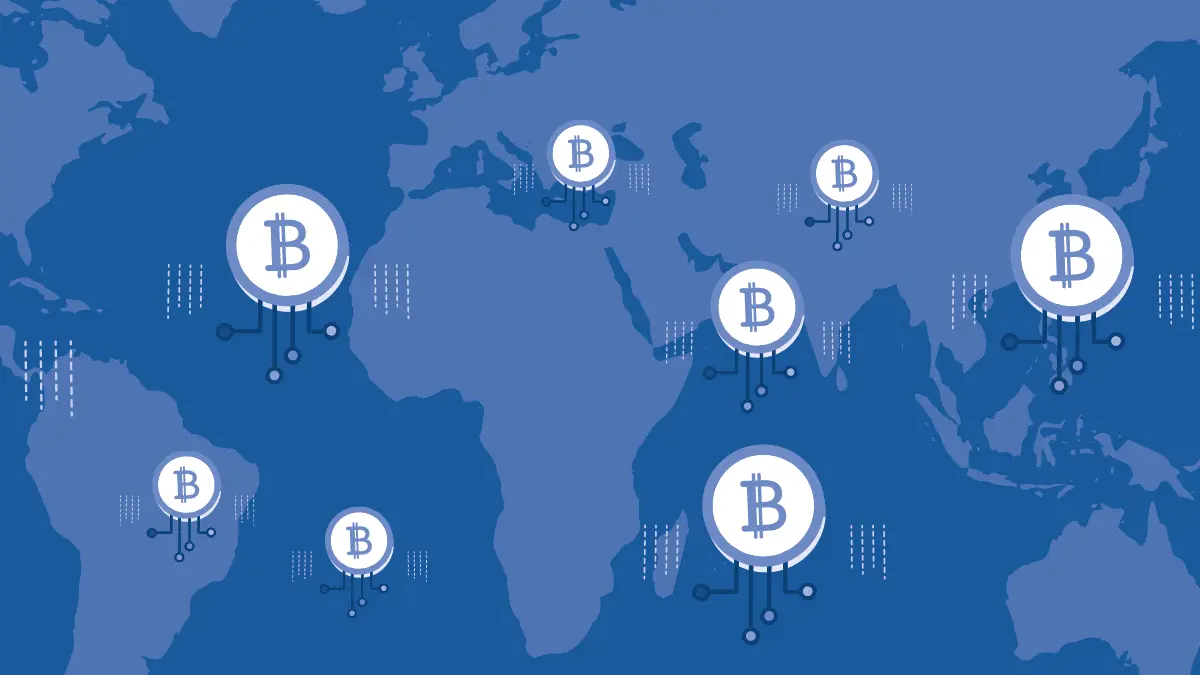This year began with a wave of positivity and interest in blockchain technology sweeping the igaming industry. With the aviation, health care and accounting sectors having adopted blockchain already, the igaming world was fully exposed to the technology’s opportunities during London gaming week in February. At ICE at we saw new companies presenting their distributed ledger technology (DLT) developments, related start-ups pitching to investors at the CoinPoint Blockchain VIP event in The Crystal and case studies highlighted at the CGLondon conference. All these events took place during a promising week for the blockchain industry.
As for the affiliate side of the gaming business, a large gap still exists between the new and the old, the way it has worked until now and the way it will work from now on. The super affiliates, tracking platforms, operators and regulators are aware of this change, but not all are ready to adopt it. The market leaders will be the ones to show the rest how it can be done, so they carry a big responsibility to do it right.
On the other side, small and medium-size affiliates, media networks and marketers are still not aware of the change. As they hold more than 35% of the traffic market in igaming, the goal is to onboard them to the idea of blockchain, to see what the change is all about and how it can optimise their work. These markets can adopt new technologies faster and easier as they have less bureaucracy and fewer processes to change.
Back in 2013, when the first platforms started to support cryptocurrencies, there was an understandable lack of knowledge. Operators and affiliates couldn’t fathom out how to manage crypto players, or understand what they wanted in addition to games. On the one hand, these players are still classic casino gamblers, meaning basic CRM and VIP management tools can handle them just fine. On the other, they are more technical than the rest of the player community and have different demands of the platforms they engage with.
The same goes with the developments in blockchain since 2013, which are of course related to crypto in many ways. Platforms, operators, affiliates and providers are starting to appreciate what blockchain can do for their businesses. They are learning how to adopt it fully and what changes will follow in their operations as a result. The knowledge gap in this case is narrower and already covered fully in some markets. This is why CoinPoint had earmarked 2020 as the year of blockchain adoption, the year when it would change the wider gaming industry.
And then Covid-19 appeared…
THE WORLD HAS CHANGED
Adding to the challenges of understanding, adopting and operating differently, we are now facing something unprecedented in recent times toward the end of Q1 and beginning of Q2, 2020. At the time of writing, virtually every industry in the world has been affected and is struggling to overcome the disruptive impact of the global pandemic. The global igaming market is among those hit, and we are all having to learn to live with and mitigate the impacts of the crisis. Having spoken to leading affiliates – Bitcoin casino affiliates mainly – we have learned they are already putting in place a schedule of action in an effort to ride out this turbulent period. Some affiliate businesses are reducing manpower, closing offices and adjusting their focus. Others are waiting to see what will happen next.
We can identify two immediate effects on our industry. The first is the closure of all major sports including the NBA, NFL and European football leagues; the second is the prohibition on meeting and exhibiting.
ADAPTING TO SURVIVE
Like the rest of the market, affiliates now need to adjust their business models to overcome these two immediate effects and the global economic slowdown.
We have learned from our affiliate network that solutions and adjustments are already being applied – in some cases with the implementation of blockchain technology. Here are two examples:
1. Affiliates are used to working with affiliate platforms, and in some cases affiliate networks, to receive their traffic, convert it and report back the results in visits, clicks, first-time depositors (FTDs), rev share and so on. But now affiliates are forced to find new sources for their traffic – sports betting traffic, for example, is being sent to esports merchants. This move, from having several affiliate accounts to dozens, is hard and, in some markets, impossible. However, with a blockchain-based tracking system, affiliates can make this transfer quickly and easily. Replacing several accounts with one affiliate platform is not easy but it’s something that needs to be done – indeed, it’s already happening. This is about pure control and the management of your traffic as affiliates, based on one of the main pillars of the blockchain technology – transparency.
2. With exhibitions, conferences and meet-ups being postponed around the world, the whole events side of the industry is on hold. This is preventing affiliates from gathering, exchanging ideas and talking on conference stages. Instead, the affiliate community is getting together online and some are using the accessibility and security of blockchain-based technologies to keep on top of their work. When you and everyone you know – your teams, freelancers, competitors and clients – work from home, it’s vital you are able to access the data you need, on all channels. Equally, it’s important to know that the agreements, deals and accounts you had before are staying the same.
No one knows for sure what the rest of 2020 will look like, how Covid-19 will affect our industry in the long run and what exactly will happen next. But where there is an innovative technology which can help, the values of which are now well-known and understood, maybe the current crisis is an opportune time for the industry to take a step forward and embrace its possibilities.


